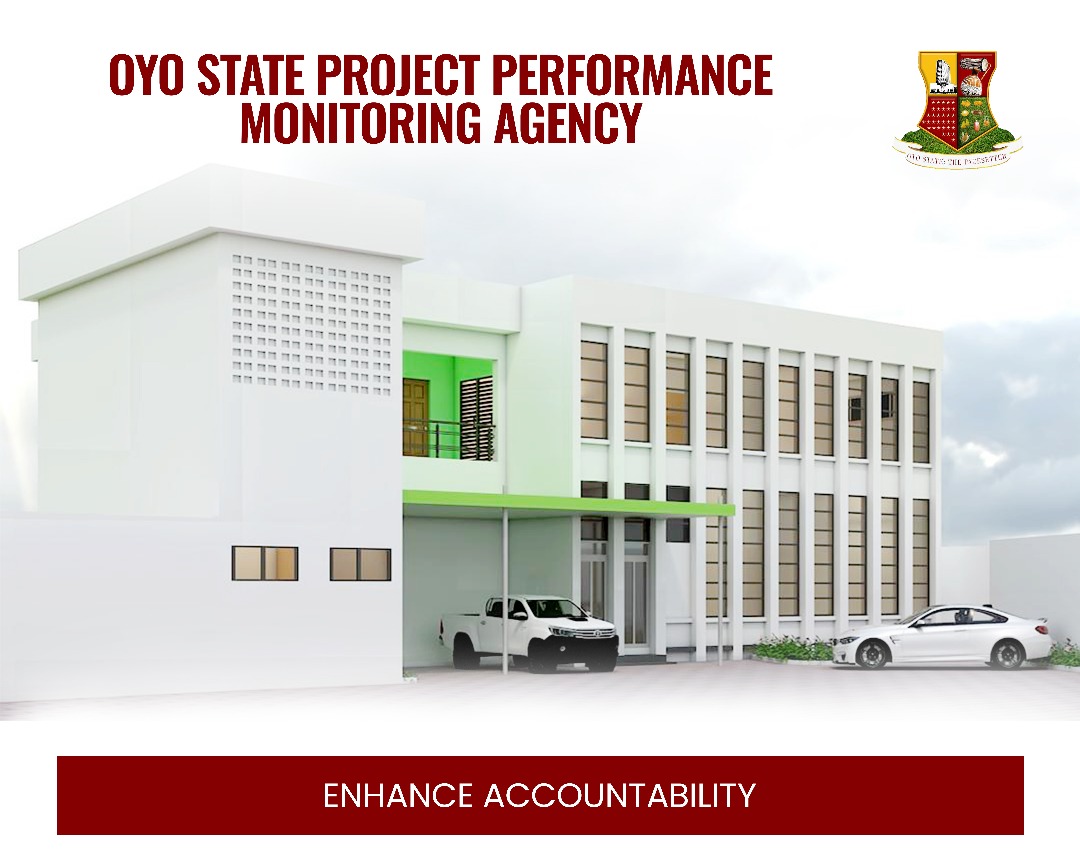End Hunger and Economic Hardships: A Balanced Perspective
In recent times, our society has grappled with significant socio-economic challenges, prompting varied reactions from different quarters.
While some citizens advocate for protests to demand urgent action, others argue for patience and a more measured approach. I wish to explore these differing perspectives and proposes solutions.


Diverging Perspectives on Protests.
The Support for Protests:
Argument: Protests are seen as a necessary means of drawing attention to urgent issues and demanding immediate action.

Many citizens feel unheard and believe that only through collective action can they bring about meaningful change.
On the other hand Opposition to Protests: Argument: Protests might be viewed as disruptive, potentially causing more harm than good, and seen as politically motivated rather than issue-focused.
Some believe that stability and patience will allow existing plans to bear fruit and that protests could be exploited by opportunistic elements.
Common Ground: Acknowledging Hard Times
Regardless of our individual stance on protests, most people agree that we are experiencing difficult times. Economic challenges, rising costs of living, and widespread dissatisfaction have become pervasive, affecting various segments of society.
Causes of Hard Times:
Economic Factors: Inflation, unemployment, and inadequate social safety nets.
Political Factors: Governance issues, corruption, and ineffective policies.
Global Factors: Economic downturns, global warming, and geopolitical tensions.
Potential Solutions could be in a short term and long term approach.
Immediate government intervention to provide food aid and financial assistance.
Price controls and subsidies for essential goods and services.
While Long-term Strategies should include Economic reforms to stimulate job creation and sustainable growth. Investments in education, healthcare, and infrastructure.
Anti-corruption measures and better governance practices
Addressing Concerns about Protest.
Protests are a democratic right and an expression of legitimate grievances. They are necessary to push for urgent changes, however Protests may be seen as destabilizing and potentially hijacked by those with ulterior motives. Patience and dialogue are preferred.
Demographics of Protesters:
Protesters often include a broad cross-section of society, such as students, young entrepreneurs, and salaried workers, all affected by economic hardships.
The notion that only certain classes protest is a misconception; economic distress affects diverse groups.
Objectives and Outcomes of Protests
Immediate Goals: Drawing attention to the plight of the hungry and economically disadvantaged, demanding urgent relief measures.
Long-term Goals: Advocating for systemic changes to address the root causes of hunger and economic inequality.
Achievability of Solutions:
Solutions must be realistic and sustainable, with clear timelines and measurable outcomes.
Avoiding Unintended Consequences: Ensuring that solutions do not create new problems or exacerbate existing ones.
Case Study: Proactive Governance by Governor Seyi Makinde
A shining example of proactive governance can be seen in the approach of Governor Seyi Makinde. He addressed problems by listening to the community, identifying immediate and long-term solutions, and taking prompt action. His strategy was simple yet effective: identify the problems, propose solutions, and implement what can be done immediately. This approach demonstrates that effective governance involves responsiveness, transparency, and a willingness to engage with citizens to find practical solutions.
The Escalation of Frustration
When peaceful protests do not yield results, frustration can lead to more aggressive forms of expression, escalating to confrontations with law enforcement.
– This escalation can attract criminal elements, leading to violence, looting, and further instability.
Preventive Measures:
-Dialogue: Establish open channels of communication between citizens and authorities to address grievances before they escalate.
– Support Mechanisms: Provide platforms for peaceful expression and constructive engagement.
– Community Involvement: Involve local leaders and organizations in mediating and finding solutions.
Conclusion
To address the issue of hunger and related economic hardships effectively, it is crucial to:
– Recognize and respect diverse viewpoints.
– Engage in constructive dialogue to identify common goals.
– Implement both immediate relief measures and long-term systemic changes.
– Ensure that solutions are inclusive, realistic, and sustainable.
– Foster collaboration between the government, civil society, and the private sector.
By taking these steps, we can work towards a society where the basic needs of all citizens are met and where the root causes of economic distress are addressed comprehensively. Governor Seyi Makinde’s proactive approach serves as a model for effective governance, demonstrating that with empathy, responsiveness, and decisive action, we can overcome these challenges together.
TonyakaDonTee writes from Ibadan.

